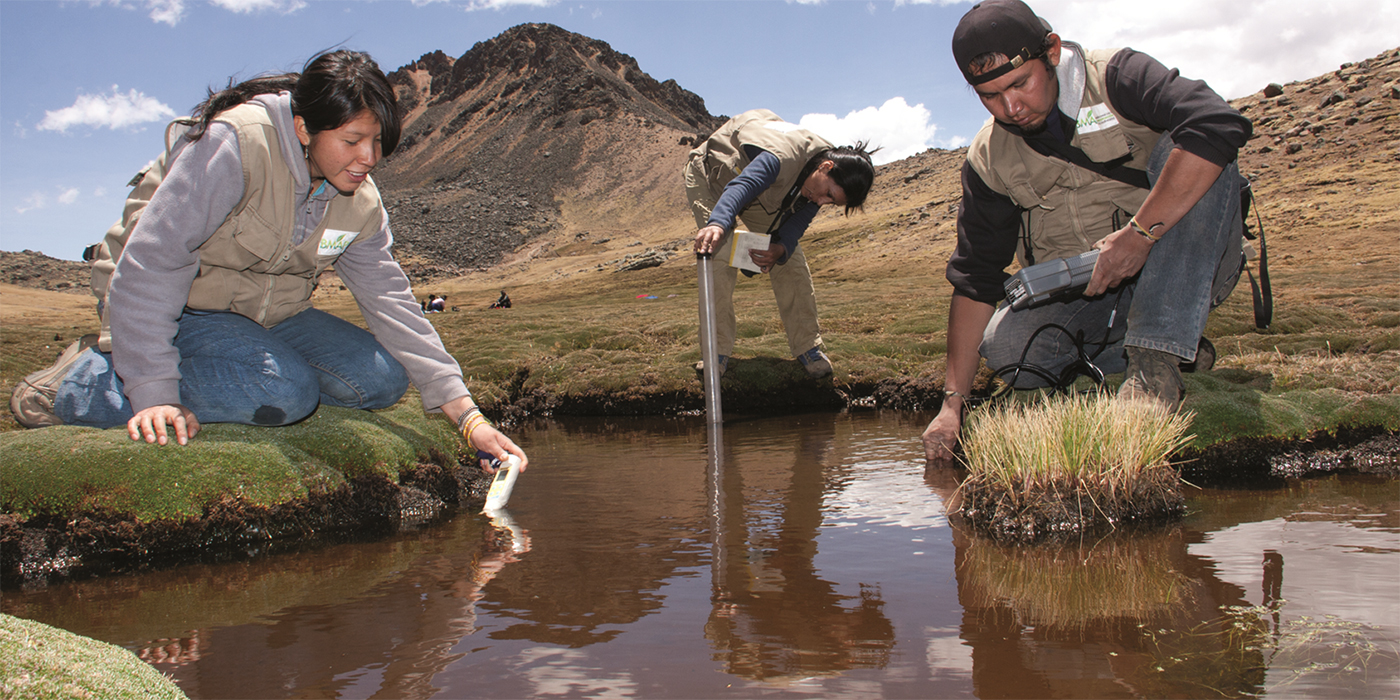About CCS

Mission
The mission of the Center for Conservation and Sustainability (CCS) is to advance the protection of biodiversity by promoting sustainable practices, obtaining evidence for decision-making, and cultivating future leaders in conservation science and action.
Vision
A world where biodiversity flourishes, ecosystems thrive, and sustainable practices foster a balanced relationship between nature and people.
What Is Our Focus
Our multidisciplinary team delivers lasting conservation impact through long-term collaborations, global research, and conservation initiatives. Focusing on endangered biomes in Brazil, Gabon, Paraguay, and Peru, we work in land and seascapes to promote landscape connectivity, habitat restoration, biodiversity monitoring, and sustainable natural resource use. We generate and share knowledge to strengthen local capacity, support education, and raise awareness. Additionally, we co-create decision-making tools that empower communities and interested parties to manage resources sustainably and protect ecosystem services and functionality.
Why We Are Successful
CCS’s success is built on strong, long-term collaborative relationships that foster trust, transparency, innovation, and practical solutions. Multidisciplinary teams of scientists and technical professionals produce rigorous, peer-reviewed applied research that informs best practices and supports decision-making for conservation. For example, our renowned Biodiversity Monitoring and Assessment Program bridges the gap between conservation and sustainable development, transforming scientific knowledge into actionable decisions.
Transparency and Values
The Smithsonian Institution adheres to federal regulations on transparency and accountability, which help CCS build trust and credibility with our collaborators and the public. CCS has extensive experience working with the private sector to minimize impacts on biodiversity and promote the integration of an “environmental/biodiversity reflex” into their operations. Additionally, CCS conducts independent research, providing reliable and unbiased results through the scientific method for the design, implementation, and monitoring of conservation initiatives and practices.